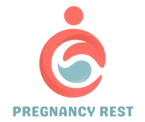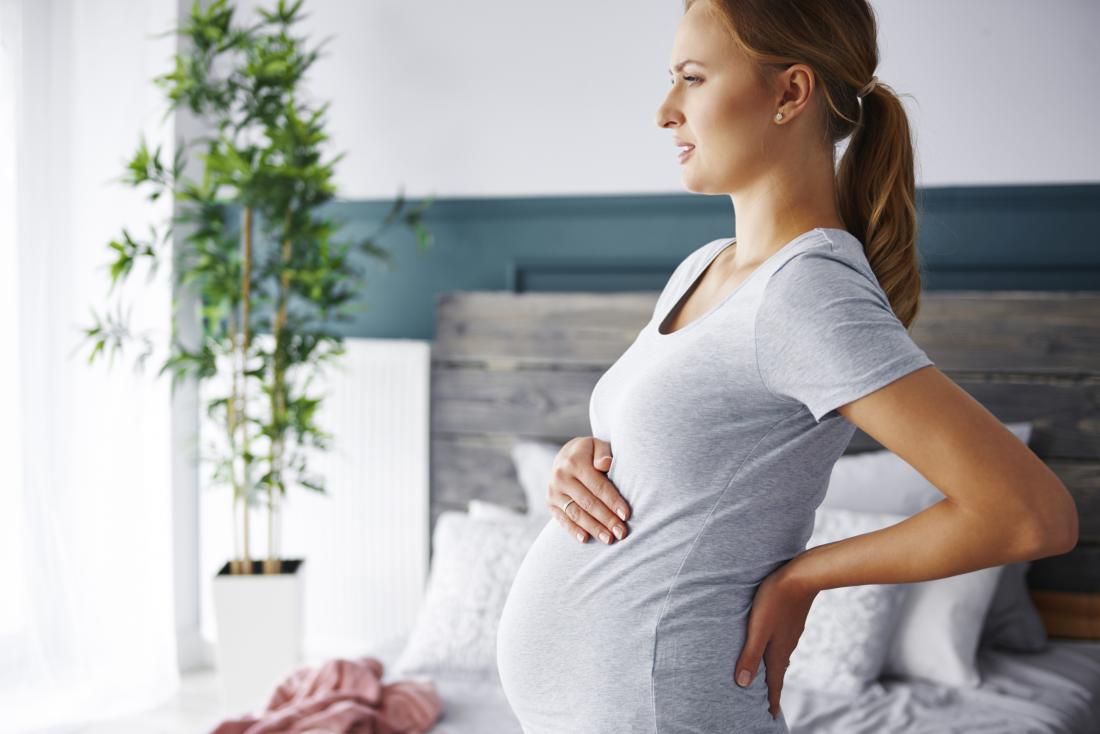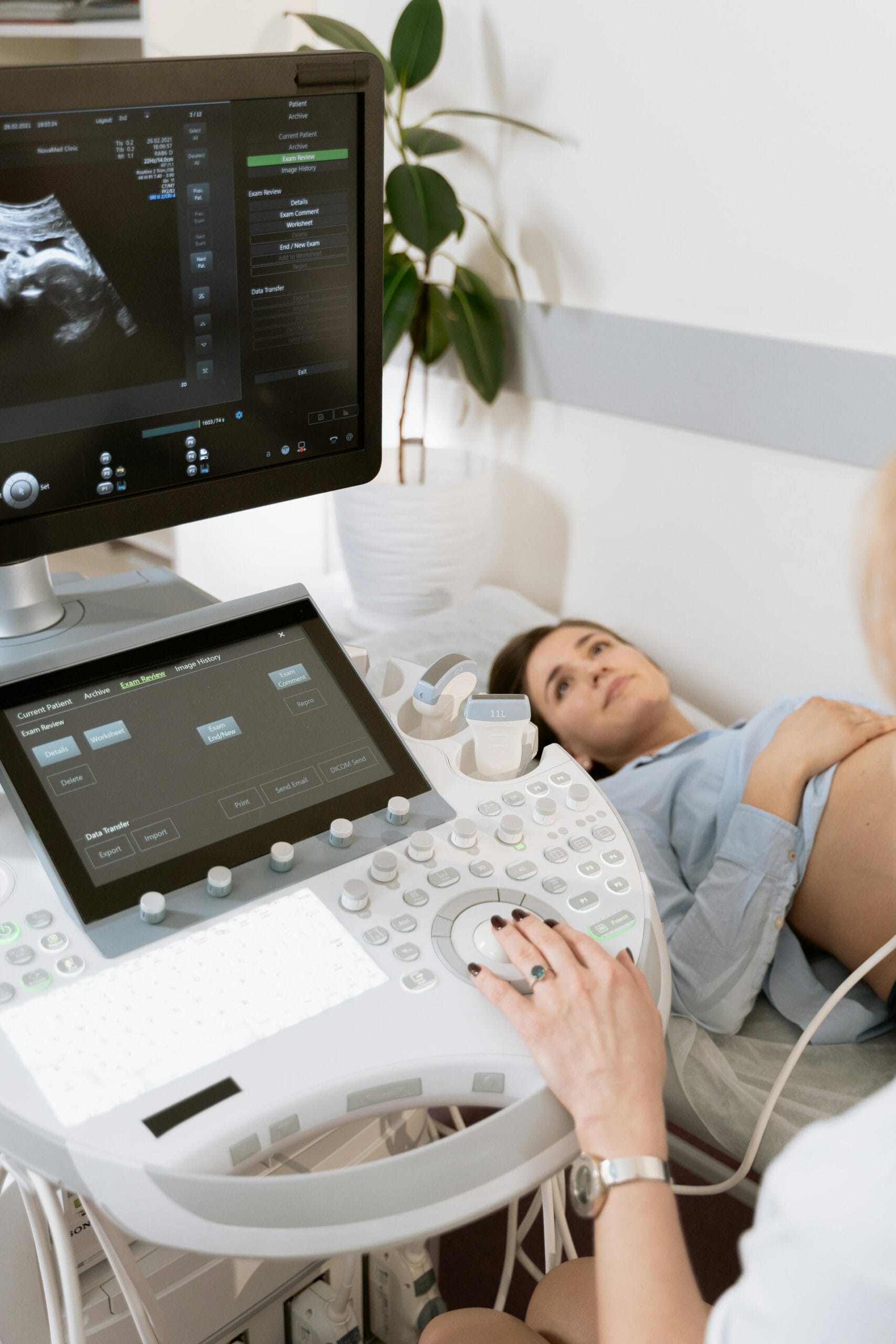Pregnancy is a transformative journey filled with excitement, anticipation, and numerous physical and emotional changes. Each trimester brings new developments for both the mother and the baby. Understanding these changes can help expectant parents prepare for the journey ahead. This guide breaks down pregnancy into three trimesters, highlighting key symptoms and fetal development milestones.
First Trimester (Weeks 1-12)
Baby’s Development
- Fertilization occurs, and the fertilized egg implants in the uterus.
- The embryo begins to develop, and the placenta starts forming.
- The neural tube, which will become the brain and spinal cord, starts to develop.
- Major organs begin forming, and the heart starts beating.
- Fingers, toes, and facial features become more defined.
Symptoms
- Missed period (first sign of pregnancy)
- Fatigue and increased need for rest
- Nausea and morning sickness
- Tender or swollen breasts
- Frequent urination
- Mood swings and heightened emotions
- Food cravings or aversions
Second Trimester (Weeks 13-26)
Baby’s Development
- The baby’s heartbeat can be detected via ultrasound.
- The fetus begins to move, and movements may become noticeable.
- The baby starts developing hair, eyelashes, and eyebrows.
- The baby’s ears are fully developed, and they can recognize sounds.
- The lungs are developing, and the baby begins practicing breathing movements.
Symptoms
- Increased energy levels
- Reduced nausea
- Round ligament pain as the uterus expands
- Feeling baby movements (quickening)
- Back pain and leg cramps
- Skin changes such as darkened nipples or linea nigra
- Swelling in ankles and feet
- Heartburn and indigestion
Third Trimester (Weeks 27-40)
Baby’s Development
- The baby can now respond to light and sound.
- The brain is growing rapidly.
- The baby gains more fat and prepares for delivery.
- The baby may shift into a head-down position.
- The lungs are mature and prepared for breathing outside the womb.
Symptoms
- Shortness of breath as the uterus expands
- Increased fatigue
- More frequent urination
- Difficulty sleeping
- More pronounced baby movements
- Stronger and more frequent Braxton Hicks contractions
- Intense pressure in the pelvis
- Cervical dilation begins
- Water may break (amniotic sac rupture)
Conclusion
Each pregnancy is unique, and symptoms may vary from one woman to another. Staying informed about the trimester-by-trimester changes can help expectant mothers manage their symptoms and prepare for labor. Regular prenatal checkups, a balanced diet, and adequate rest contribute to a healthy pregnancy journey.



